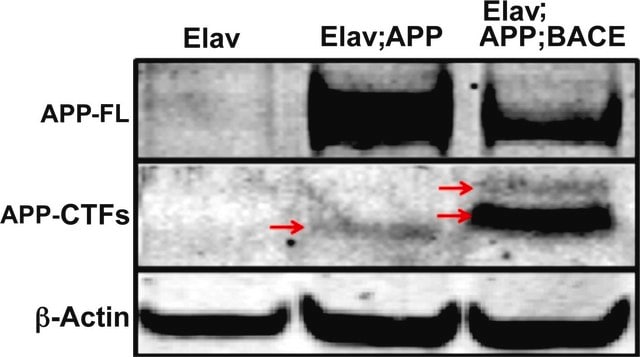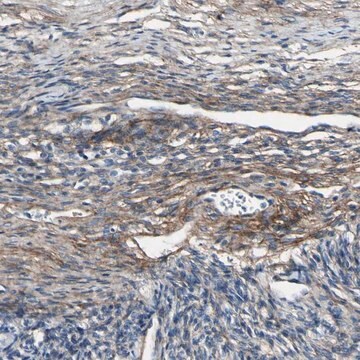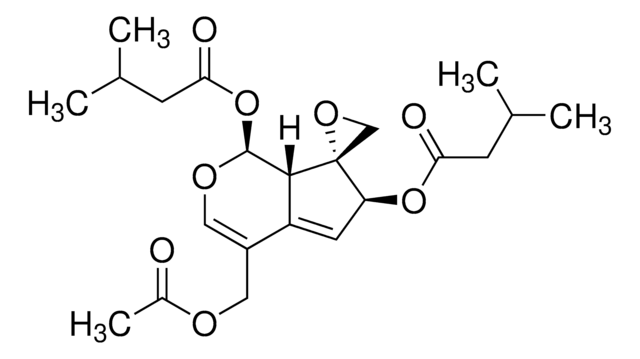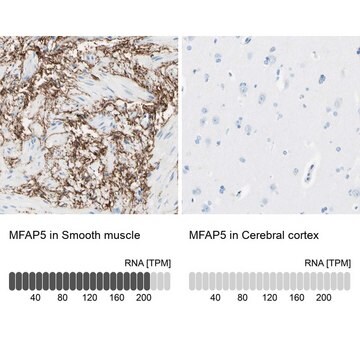R306-05A
Rat Cardiac Fibroblasts: RCF, adult
Iniciar sesiónpara Ver la Fijación de precios por contrato y de la organización
About This Item
Código UNSPSC:
41106514
NACRES:
NA.81
Productos recomendados
origen biológico
rat heart (Sprague Dawley, normal adult)
Nivel de calidad
envase
pkg of 500,000 cells
fabricante / nombre comercial
Cell Applications, Inc
modo de crecimiento
Adherent
cariotipo
2n = 42
morfología
fibroblast
técnicas
cell culture | mammalian: suitable
enfermedades relevantes
cardiovascular diseases
Condiciones de envío
dry ice
temp. de almacenamiento
−196°C
Descripción general
Lot specific orders are not able to be placed through the web. Contact your local sales rep for more details.
Cardiac fibroblasts are the most prevalent cell type in the heart, making up 60-70 % of all cells. They are known to play key roles in the development of cardiac disease and hypertrophy. Rat Cardiac Fibroblasts provide an excellent model system to study many aspects of heart function and pathophysiology, including the regulation of cell growth, survival, inflammation, hormone secretion and metabolism.
Cardiac fibroblasts are the most prevalent cell type in the heart, making up 60-70 % of all cells. They are known to play key roles in the development of cardiac disease and hypertrophy. Rat Cardiac Fibroblasts provide an excellent model system to study many aspects of heart function and pathophysiology, including the regulation of cell growth, survival, inflammation, hormone secretion and metabolism.
Origen línea celular
Heart
Aplicación
human heart function, neointimal formation, vascular remodeling, myocardial repair, extracellular maintenance, signaling, toxicology, gene expression, structural support for cardiomycytes, synthesis of extracellular matrix, growth factors and cytokines
Componentes
Fibroblast Basal Medium that contains 10% FBS and 10% DMSO
Nota de preparación
- 2nd passage, >500,000 cells in Rat Fibroblast Basal Medium that contains 10% FBS and 10% DMSO
- Can be cultured at least 8 population doublings
Rutina de subcultivo
Please refer to the RCF Culture Protocol.
Código de clase de almacenamiento
11 - Combustible Solids
Clase de riesgo para el agua (WGK)
WGK 3
Punto de inflamabilidad (°F)
Not applicable
Punto de inflamabilidad (°C)
Not applicable
Certificados de análisis (COA)
Busque Certificados de análisis (COA) introduciendo el número de lote del producto. Los números de lote se encuentran en la etiqueta del producto después de las palabras «Lot» o «Batch»
¿Ya tiene este producto?
Encuentre la documentación para los productos que ha comprado recientemente en la Biblioteca de documentos.
Nuestro equipo de científicos tiene experiencia en todas las áreas de investigación: Ciencias de la vida, Ciencia de los materiales, Síntesis química, Cromatografía, Analítica y muchas otras.
Póngase en contacto con el Servicio técnico






